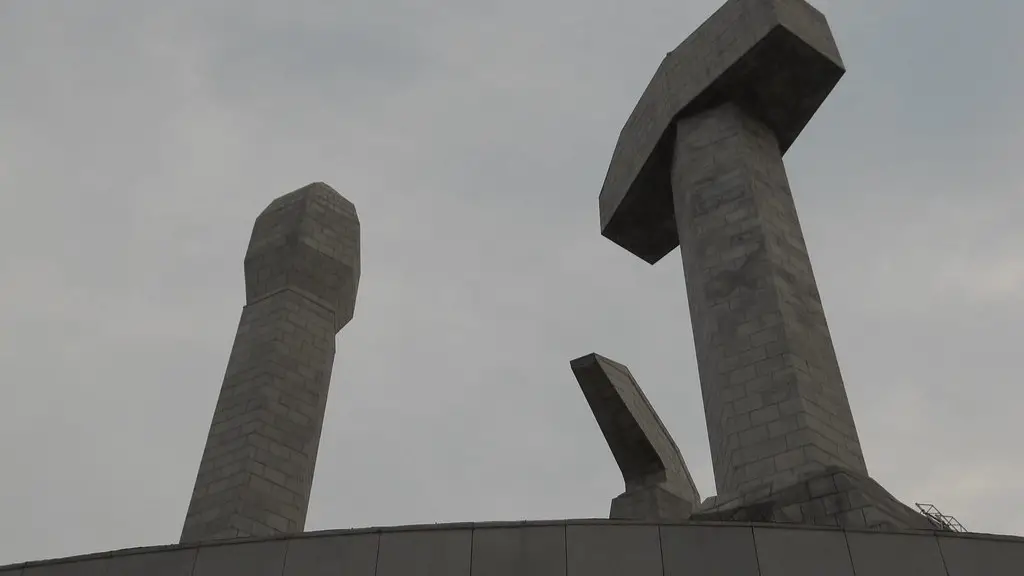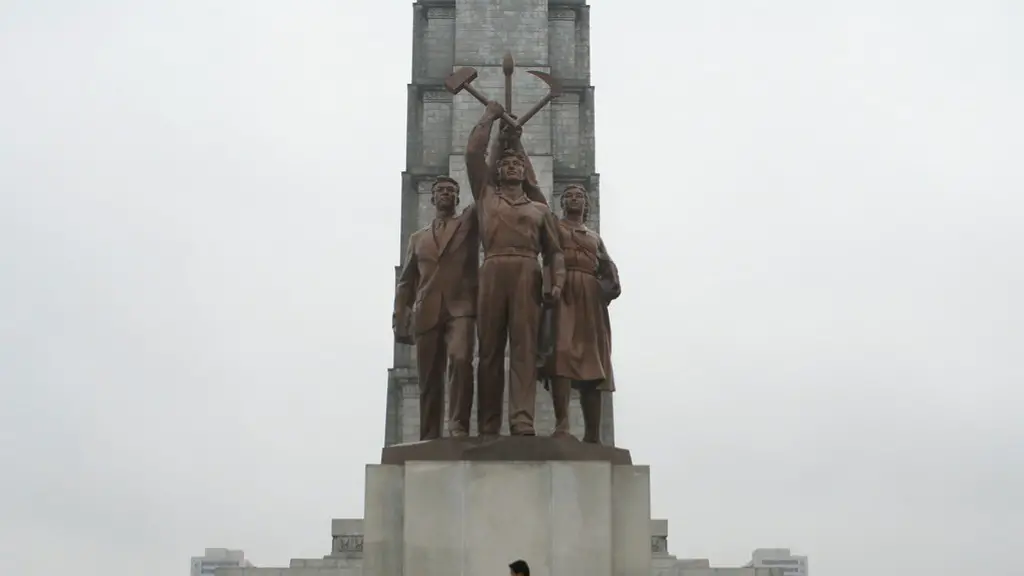Background Information
North Korea, officially known as the Democratic People’s Republic of Korea (DPRK), is an authoritarian state governed by a single party, the Workers’ Party of Korea. North Korea is a single-party state, with the Supreme Leader of North Korea holding both de facto and de jure control over the country, including governing, legislative and judicial functions. North Korea is ruled by a dynastic hereditary system. The country is headed by the Supreme Leader, who is currently Kim Jong-un. He has the sole and ultimate authority over the government, military, and foreign policy, and is chairman of the State Affairs Commission, the highest government agency.
Relevant Data
As Supreme Leader, Kim Jong-un presides over a centralised one-party system, and controls most state enterprises. He also has final say over economic development policies and the implementation of military strategy. It has been reported that Kim Jong-un holds absolute power over all levels of government, including his cabinet and the ruling Korean Workers’ Party, as well as the security services, which act as his own personal protection force. According to the US-based Human Rights Watch, Kim Jong-un is accused of human rights abuses including arbitrary killings and detention, torture, and forced labor.
Perspectives from Experts
Political analysts point out that Kim Jong-un’s grip on power appears to be far more solid than that of his father, and he is seen as the most powerful leader in North Korea’s history. It is believed that the establishment of a cult of personality around the Supreme Leader has been instrumental in maintaining control of the nation. A senior North Korean official has been quoted as saying that Kim Jong-un is “the leader of the revolution” and “the symbol of reunification”.
At the same time, some observers have expressed concern over the power wielded by Kim Jong-un and questioned whether it is beneficial for the country. The Supreme Leader is not subject to any checks or balances and has ultimate power over the government, military, and economy. As such, Kim Jong-un can override any decision or policy decision made by any political, economic, and military figures in the country. This has raised questions about the sustainability of North Korea’s one-man rule in the long run.
Analysis
Kim Jong-un is the Supreme Leader of North Korea and his has been a dramatic shift. His father and grandfather, Kim Jong-il and Kim Il-sung, respectively, were both dictators in their own right, but their rule was more authoritarian in nature. Kim Jong-un, on the other hand, has fully embraced and cultivated a cult of personality to legitimize his rule and ensure his power. He has full control over the government, military, and economy, which has allowed him to entrench his power and position in the country. Kim Jong-un has also made some major changes to the country’s economy, although there remains a long way to go for significant progress in the country’s economic reforms.
Military
As Supreme Leader, Kim Jong-un has the final say on all matters of state, including the military. He has taken a more hands-on approach to military matters than his father, particularly with regard to matters of defense and foreign policy, and has taken a harder line on security issues than Kim Jong-il. The North Korean regime continues to be heavily militarized, and Kim Jong-un has stepped up defense spending and maintained a strong military presence in the region. He has also conducted several extremely high-profile weapons tests, significantly raising the stakes in regional security issues.
Human Rights
The human rights situation in North Korea remains dire, with severe restrictions on the rights to freedom of speech, press, assembly, and association. Kim Jong-un has been routinely accused of human rights abuses and is believed to be behind the imprisonment and torture of political opponents and journalists. In addition, the regime has been accused of mass surveillance and censoring of all media content. In recent years, Kim Jong-un has attempted to portray himself as a “reformer” who seeks to improve human rights, but many activists and experts are highly skeptical.
Economic Reforms
Kim Jong-un has also put in place some economic reforms to try and improve North Korea’s struggling economy. He has allowed some limited foreign investment into the country and established a number of Special Economic Zones. He has also sought to open up the economy to foreign trade and has engaged in diplomacy with a number of foreign powers, most notably South Korea. While his efforts have not led to any substantial changes in the economy, there is hope that this could be the beginning of a process of economic reforms and opening up.
International Relations
Kim Jong-un has also sought to strengthen North Korea’s international standing by reaching out to other countries. He has engaged in a number of diplomatic initiatives, including talks with South Korea, the United States, and Japan, in addition to a summit with Chinese President Xi Jinping. He has also taken steps to improve relations with neighboring countries, such as Russia, although it remains to be seen how successful these diplomatic initiatives will be. In spite of his efforts, much of the international community continues to view North Korea warily and with suspicion.


